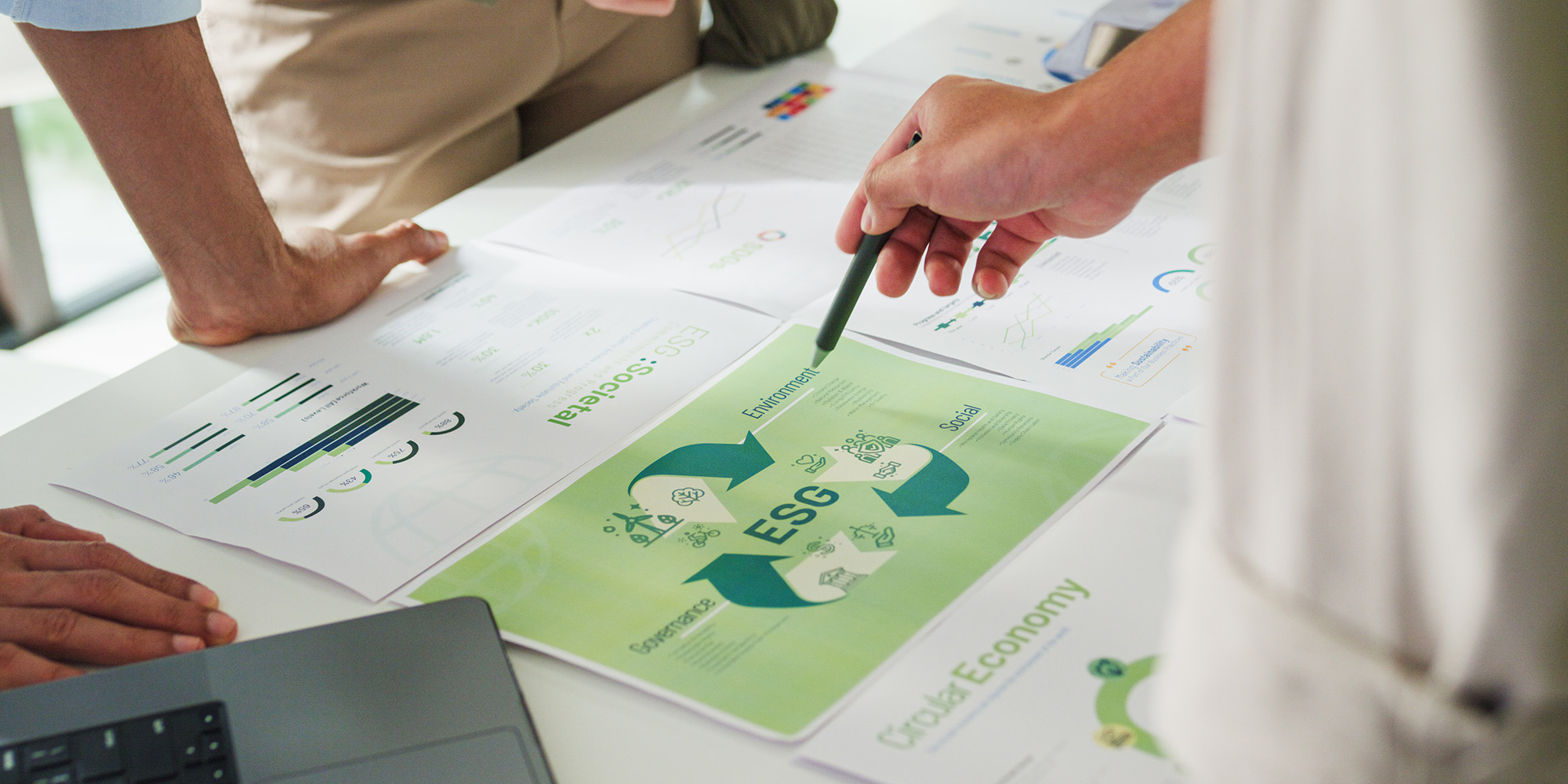For 3 weeks – this last February – the eyes of the world – at least the ones that care about winter sports – were directed toward Pyeongchang in South-Korea. Where the Winter Olympics were hosted. My home country Norway has a long history of skiing, jumping and skating – and being good at it. Of course, the winters are long and cold in Norway, and you have to do something. Winter sports and our skiers and skaters are very close to our hearts, and an important part of our culture.
So, Norwegians expect to excel – to win – when they compete in winter sports – especially at the Olympics. And this February Norway set an incredible new overall record – winning 39 medals, of which 14 were gold. An astounding feat – also considering the population of the country – of just over 5 million. Was I proud? Of course. Brimming with pride – as were most Norwegians. But behind the smiles, the numbers and the medals – there is actually some very interesting learning.

A few weeks ago, The New York Times wrote a piece about this Norwegian Olympic success – trying to explain what lays behind it. Obviously, there is lots of plain hard work to have such success. Dedication and willingness to spend resources is also key. Having the right winter climate doesn’t hurt either.
Critical to the Norwegian model and success has been to build strong teams and culture – also in the cut-throat individual sports. This is unique, and has fostered a culture where everyone on the inside learns, improves and inspires the others in the team.
What few people know is this hard work has not only been about lifting its own Norwegian athletes – but also about inviting competitors to learn and be inspired. Words like open, share and responsibility are not frequently used in the harsh and competitive world of sports and money. But for 7 years Norway has been inviting individuals, national team, coaches and others to Norway. To spend time with our athletes and coaches – to train with them and to learn. All while the Norwegians pick up the bill.
Are Norwegians plain stupid, or just naive? Or do they actually have a plan?
I like to think the latter. I believe there is a strong belief that by inviting competitors to learn, there will not only a long-term payback both for Norway, as well as for “the market” of winter sports. Sharing, collaborating and learning will naturally result in new and innovative ideas to training and competing. With Norway dominating less, more competitors will do well – the visibility of the sports will increase – attracting new countries, more media and new sponsors.
In essence – it boils down to a few basic learnings
- Creating a better place to compete – benefits all
- It’s not just about winning – it’s also about how you compete – win or lose
With much of the world caught up in discussions about trade wars, Brexits, and whose atomic button is the largest – concepts like being OPEN and SHARING – may seem very NAIVE and completely unrealistic.
Can such thinking actually have a relevant parallel in our industry?
I strongly believe it can!
The corporate energy tsunami is not letting up
Last year I wrote about a ripple that fast was turning into a corporate renewable tsunami. More and more multinationals are demanding access to clean power across all their global operations. And demanding it fast. This development is spurred on by a fast-growing group of stakeholders, investors, suppliers, customers and policy makers. Making the tsunami unstoppable.
 I was mainly focusing on how this would impact the power industry itself, as well as policy makers in numerous countries.
I was mainly focusing on how this would impact the power industry itself, as well as policy makers in numerous countries.
Working with a select group of forward thinking clients – both corporate and power companies – we clearly see that also the role of the renewable solution provider will be changing. Clients have other expectations and needs, than just a few years back. We need to adapt to these changes – to ensure we continue to be relevant.
Key developments that drive this “reshaping” process
-
Renewables “have arrived” – and are becoming mainstream and now increasingly compete on price with fossil.
-
Clients understand that their actions can and will impact the local environment and the pace of climate change.
-
Clients really do realize that it makes good business sense to change their energy mix
-
Clients actually believe they can and must reach 100% renewable consumption – and fast
-
Increasingly the business sector sees that their surroundings and network of stakeholders, care what they do – and understand that choice of energy is not a silent side-show, but is right up there – center stage.
-
Increased understanding that documenting all renewable claims is critical – and further base such claims on accepted, independent and widely endorsed standards.
With both providers and clients travelling steep learning curves – a new degree of professionalism is being expected
A few years back core capabilities were quite clear-cut, and more transaction oriented. They weren’t necessarily easy. What used to be a stretch for many – now is expected as a minimum. More like hygiene factors, where you easily disqualify yourself – if not delivering on this.
- Provide broad and complete solution set
- Be competitive, quick and precise
- Possess extensive knowledge
- Secure compliance and «best practice»
Renewable energy solution providers need to change the way they do business. It will no longer be enough to be good. We have to be better.
Going beyond HYGIENE – four key factors
1. Share
The first is about openly sharing learnings, share expertise and share ideas with clients, partners, and sometimes even competitors. And to also do it without a price tag. We believe we need to invite customers into our universe – knowing that it for many can be narrow and kind of nerdy.
A few years back ECOHZ launched a new product in Brussels. The chosen venue was in the EU Parliament, and with not only clients, partners and policy makers present – but also with competitors in the audience. Some shake their heads and laugh at us – and think we’re overly naïve. This is still what we think is smart to do.
 An example from a different industry – and a company we all know – Tesla. In 2017 Elon Musk did something almost unheard of. Especially when you think about the market situation Tesla was – as a challenger to the old automobile industry. Musk decided to make all Tesla patents public – in the spirit of innovation. Why? In his own words “to accelerate sustainable transportation and broaden and quicken front to curb climate change”.
An example from a different industry – and a company we all know – Tesla. In 2017 Elon Musk did something almost unheard of. Especially when you think about the market situation Tesla was – as a challenger to the old automobile industry. Musk decided to make all Tesla patents public – in the spirit of innovation. Why? In his own words “to accelerate sustainable transportation and broaden and quicken front to curb climate change”.
2. Create network for collaboration
The second area is about creating networks among and between clients and relevant stakeholders. Many of the clients have common challenges and needs, but don’t necessarily know it.
Realizing that no one has the answer to all the challenges – bringing customers together, pools knowledge and experiences, and enables active collaboration directly between companies from different industries.
3. Tailor and innovate
We have seen for a long time that not one solution fits all. Even Mr Henry Ford finally provided choice of color. But tailoring is not only about tailoring a technical solution. It’s as important to be flexible and tailor customer processes. To be relevant in servicing changing needs, innovating is key. Especially in two specific areas I believe we need to pay address with much gusto.
 There are major technology shifts in the horizon. Blockchain is one of a number. Some of this is still a bit hyped, but we need to be fully engaged and to ensure that these new technologies will be used in the best ways for our sector and the most ambitious clients.
There are major technology shifts in the horizon. Blockchain is one of a number. Some of this is still a bit hyped, but we need to be fully engaged and to ensure that these new technologies will be used in the best ways for our sector and the most ambitious clients.
Secondly, businesses are serious about creating impact. I believe we need to be on constant lookout for new ways of providing solutions that have clear elements of additionality. That in fact will bring more clean power to our power grids.
4. Build market
The market for renewables is growing – in almost every aspect. There is still a strong need to build more robust markets. Market participants can contribute and should – especially in four key areas.
- Influence policy makers – in the geography most relevant for you
- Work the media. Make your voice heard. With the advent of SOME, even small companies can become visible
- Influence and collaborate with stakeholders. And there are many out there, that share a common interest.
- And lastly – don’t be a free-rider. Join relevant industry organizations. Be a member. Contribute on Boards. Get engaged in working groups.
In Ecohz we strongly believe this is what it takes to be part of the corporate energy tsunami. It will be critical for all of us that we all strive to go beyond hygiene.
Being careful, secretive, introvert, or critical will not build markets, nor will it help forward-thinking corporate clients make a fast and smooth energy transition
If being open, sharing and collaborating is being naive, then be it, I still I believe that the Norwegian approach also is the way forward for renewable solution providers.


.png?width=3840&height=2560&name=Sun(1).png)

.png?width=3840&height=2560&name=Landscape_2(1).png)





